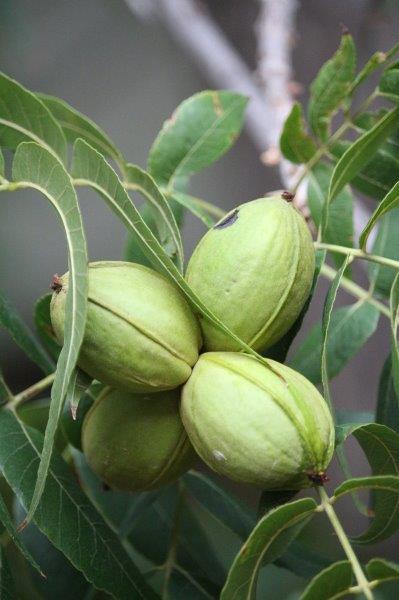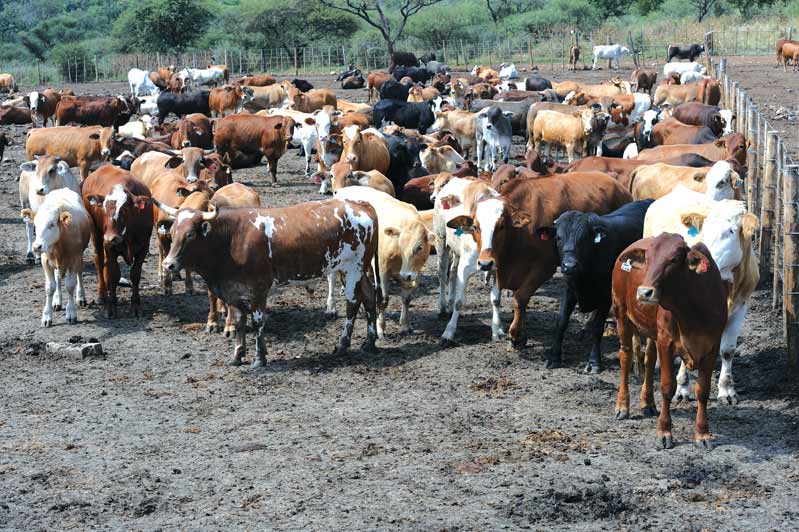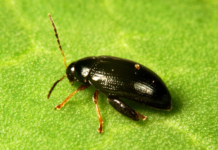With close to 35 000 ha of pecan nut trees in South Africa, the industry has witnessed significant growth in recent years, reports the South African Pecan Nut Producers’ Association. South Africa is the third largest pecan producer globally, with the bulk of the production coming from the Northern Cape.
As global demand for pecan nuts soars, ensuring optimal tree growth and production is critical for sustained success in the industry. An essential element for its role in promoting pecan nut tree growth is zinc, explains Simon Norton, Executive Director of the International Zinc Association (IZA) Africa.
An essential micronutrient in enzyme activation and protein synthesis, zinc regulates various growth hormones in plants. It is also key to energy metabolism and DNA synthesis. Despite being required in small quantities, zinc significantly influences plant growth, development, and overall productivity.
Pecan nut trees (Carya illinoinensis) are known for their large, nutritious nuts and their value in the food and confectionery industries. Zinc deficiency can negatively impact the growth and development of pecan nut trees, leading to reduced yields and compromising tree health. As pecan nut trees, their zinc uptake increases.
Zinc is essential to chlorophyll production. Adequate zinc levels in pecan nut trees can increase photosynthesis, resulting in improved carbohydrate production and energy for growth. Zinc also activates enzymes that protect plants from oxidative stress and disease. Trees with sufficient zinc are better equipped to defend against pathogens and environmental stressors, leading to healthier and more resilient trees.
Another benefit is that zinc aids in the uptake and transportation of other essential nutrients such as phosphorus and iron. This synergy ensures that pecan nut trees have access to the necessary elements for robust growth and nut development.
Zinc supplementation has been linked to improved nut quality, including kernel size and kernel percentage. Larger and higher-quality nuts translate to increased market value and profitability for farmers.
“As the South African pecan nut industry continues to expand, the adoption of advanced agricultural practices is imperative for sustained competitiveness in the global market. Zinc supplementation offers a promising solution to maximise pecan nut tree growth and productivity in the country’s diverse agro-climatic regions,” concludes Norton.








